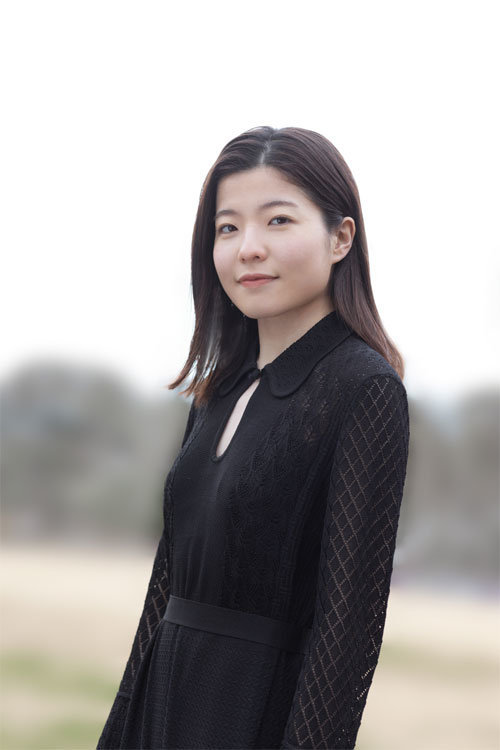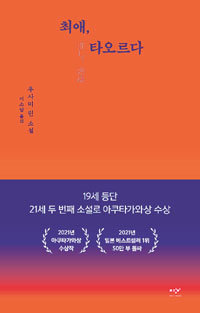Anybody can be a target of cyberbullying
Anybody can be a target of cyberbullying
Posted August. 13, 2021 07:35,
Updated August. 13, 2021 07:35


A famous Japanese idol finds himself in a rumor. He allegedly hit a fan. He neither confirms nor denies when reporters ask questions about the details of the incident. Disappointed fans start to turn away. Criticism pours in on social media. One of his fans named Akari is confused. Is she going to blame him as others or support him until the end? Can she keep going after giving up on the idol who was the sole meaning of her life?
“An idol, actor, YouTuber, entertainer, or athlete – anybody can be in the midst of controversy. In Japan, critical opinions of a famous person’s comments or behaviors spread every two to three months,” Japanese writer Rin Usami who published a full-length novel titled “My Ultimate Bias, Burn Up” on August 5 said in a written interview with The Dong-A Ilbo. She focused on the recent rise of cyberbullying on social media. “Whether you used to be a fan or not, people criticize and repeatedly bring arguments on somebody’s behaviors or comments. More and more malicious comments are made on the Internet.”
The novel starts with a sentence that says “My ultimate bias has burned up.” An “ultimate biasrefers to one’s favorite idol member in Japan. “Burn up” is an Internet slang used to describe a situation where a person faces harsh criticism. “In my book, I used a lot of terms used by young people on the Internet,” said the writer. “However, the essence of the story is a person who gives everything to love somebody. If you ever devoted yourself to one thing, you will find it interesting.”
Akari does not have great grades nor is interested in finding a job. However, she is more passionate than anybody else to buy the album and merchandise of her favorite idol and get concert tickets. She works long hours as a part-timer to make money to do so. Adults do not understand her behaviors and sometimes criticize her. “Adults define Akari’s behaviors as immaturity or laziness, but she is still a high school student and not in a situation to ask for help,” said Rin. “Minors in crisis can blame themselves unnecessarily, which can worsen their situations.” The author added that she wanted to show how Akari asks herself and blames herself in the book.
The book won this year’s Akutagawa Prize, which is one of the two most sought-after literary prizes in Japan. The book has sold over half a million copies in Japan since its publication in September last year. As the voices of the millennials and Gen-Z are garnering attention in South Korea, new works written by young writers depicting those in their teens and 20s are getting attention among Japanese readers. “There must be some people in the current generation who cannot help but feel strongly attached to someone and some people who are not like that,” said the writer. “I only write stories that I want to write. I want to diligently follow the footsteps of great writers who wrote a number of outstanding works in theirs 20s.”
hoho@donga.com







